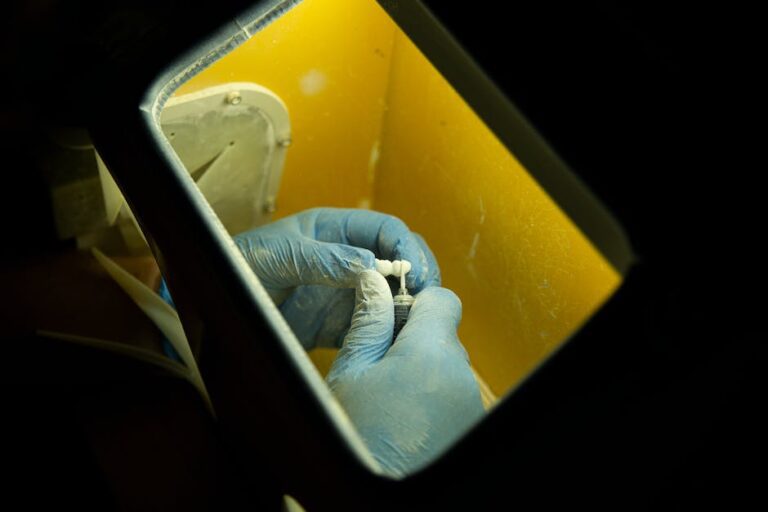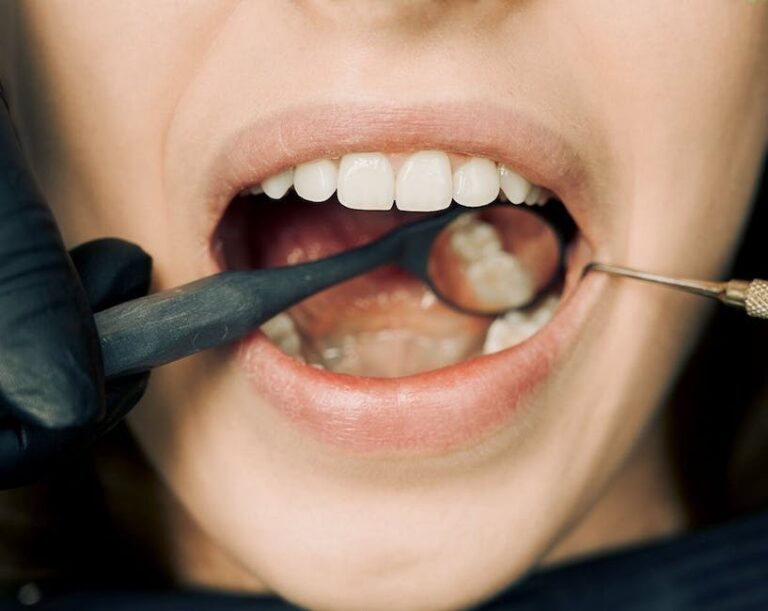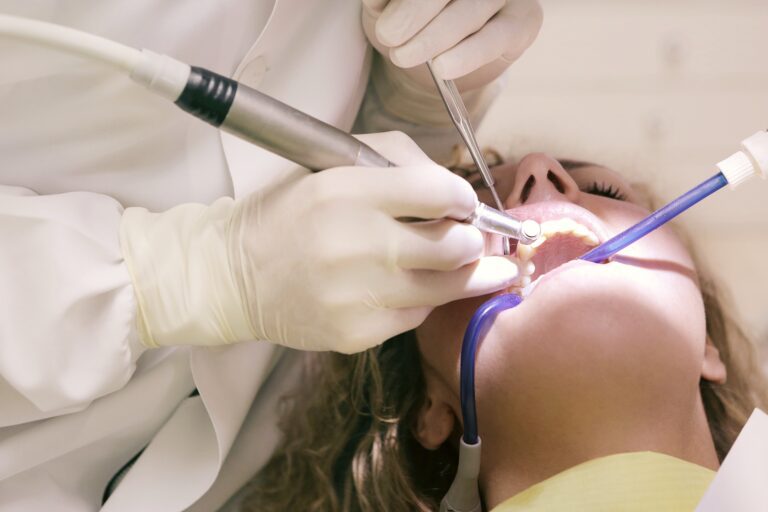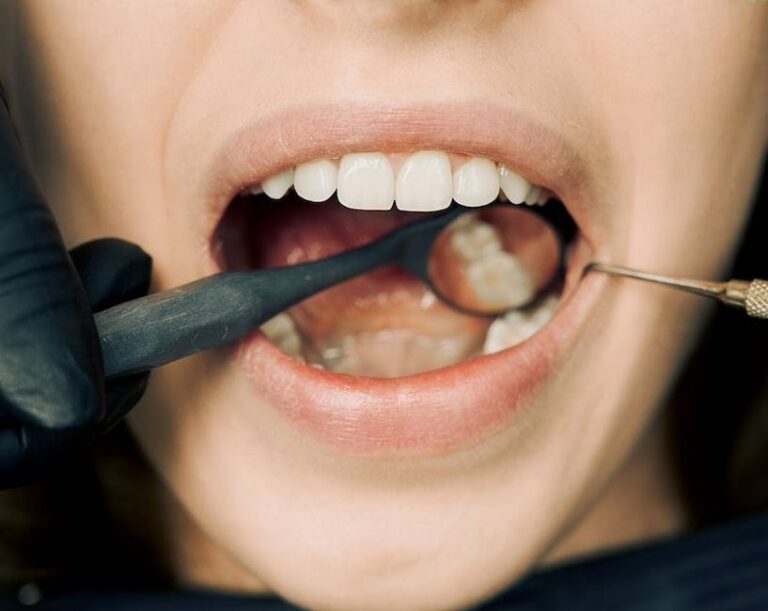“Diet and Nutrition Guidelines for a Successful Dental Implant Recovery”
Are you planning to get dental implants? A successful recovery is crucial for the long-term success of your implants. One effective way to support your recovery is by following the right diet and nutrition guidelines. In this article, we will explore the dietary choices and nutritional factors that can contribute to a smooth healing process and the longevity of your dental implants. Let’s find out exactly what foods to include, what to avoid, and how nutrition plays a vital role in your dental implant recovery. I’ll tell you exactly what you need to know for a successful recuperation!
Diet and Nutrition Guidelines for a Successful Dental Implant Recovery
Are you planning to get dental implants? A successful recovery is crucial for the long-term success of your implants. One effective way to support your recovery is by following the right diet and nutrition guidelines. In this article, we will explore the dietary choices and nutritional factors that can contribute to a smooth healing process and the longevity of your dental implants. Let’s find out exactly what foods to include, what to avoid, and how nutrition plays a vital role in your dental implant recovery. I’ll tell you exactly what you need to know for a successful recuperation!
Importance of Diet and Nutrition for Dental Implant Recovery
Proper nutrition plays a significant role in the process of healing and recovery after dental implant surgery. A balanced diet provides the necessary nutrients for tissue repair, collagen formation, and strengthening the immune system. By giving your body the right fuel, you can improve the success rate of your dental implant procedure and ensure a smooth recovery.
1. Protein for Tissue Repair: Protein is essential for wound healing and tissue repair. Include lean sources of protein such as chicken, fish, eggs, tofu, legumes, and low-fat dairy products in your diet. High-protein foods help to build collagen, which is vital for proper gum and bone healing around the implant site.
2. Vitamins and Minerals: Certain vitamins and minerals are crucial for promoting oral health and healing. Vitamin C is essential for collagen synthesis and immune function. Include fruits like citrus fruits, strawberries, and kiwi, as well as vegetables like broccoli and bell peppers, which are rich in vitamin C. Calcium and vitamin D are also important for bone health. Include dairy products, leafy greens, and fortified soy milk in your diet to ensure an adequate intake of these nutrients.
3. Hydration: Staying hydrated is essential for the healing process. Drink plenty of water throughout the day to maintain proper hydration. Avoid sugary drinks and alcohol, as they can hinder the healing process and increase the risk of infection.
Best Foods for Dental Implant Recovery
1. Soft and Easy-to-Chew Foods: After dental implant surgery, it’s best to consume soft and easy-to-chew foods to avoid putting excess pressure on the implant site. Some examples include mashed potatoes, scrambled eggs, yogurt, smoothies, cooked vegetables, and soft fruits.
2. Healthy Fats: Including healthy fats in your diet can help reduce inflammation and promote healing. Foods like avocados, nuts, seeds, and olive oil are excellent sources of healthy fats.
3. Antioxidant-Rich Foods: Antioxidants play a crucial role in reducing inflammation and promoting healing. Include foods like berries, dark leafy greens, colorful fruits and vegetables, green tea, and turmeric in your diet to benefit from their antioxidant properties.
Foods to Avoid after Dental Implant Surgery
1. Hard and Sticky Foods: Avoid hard and sticky foods that can put pressure on the implant site and potentially disrupt the healing process. This includes foods like nuts, tough meats, sticky candies, and chewing gum. It’s important to avoid these foods until your dentist gives you the green light to resume a normal diet.
2. Acidic and Spicy Foods: Acidic and spicy foods can irritate the surgical area and cause discomfort. Avoid foods like citrus fruits, tomatoes, vinegar-based dressings, spicy sauces, and hot peppers.
3. Alcohol and Tobacco: Both alcohol and tobacco can significantly impact the healing process and increase the risk of complications. It’s crucial to avoid alcohol and tobacco products during your dental implant recovery.
DINing and Nutrition Tips After Dental Implant Surgery
1. Follow Post-Surgery Instructions: Your dentist will provide you with specific instructions on your diet and nutrition after dental implant surgery. Make sure to follow these instructions carefully for a successful recovery.
2. Consume Small, Frequent Meals: Instead of large meals, opt for smaller, frequent meals throughout the day. This can help reduce discomfort and make it easier for your body to process nutrients.
3. Avoid Using a Straw: Sucking through a straw can create excessive suction and interfere with the healing process. Drink straight from a cup or use a spoon for liquids to avoid any complications.
In conclusion, following the right diet and nutrition guidelines is essential for a successful dental implant recovery. By incorporating high-protein foods, vitamins, minerals, and antioxidants into your diet, you can support tissue repair and promote healing. It’s also important to avoid hard, sticky, acidic, and spicy foods, as well as alcohol and tobacco, to ensure a smooth recovery. Remember to follow your dentist’s instructions and make healthy food choices to increase the longevity of your dental implants and maintain optimal oral health.+
Additional information
1. Consult with your dentist or oral surgeon before your dental implant surgery to discuss any specific dietary restrictions or recommendations based on your individual needs and medical history.
2. Be mindful of your overall oral hygiene during the recovery process. Brush and floss gently around the implant site, and avoid using mouthwashes that contain alcohol.
3. Take any prescribed medications as directed by your dentist or oral surgeon to manage pain and prevent infection.
4. Avoid biting or chewing directly on the implant site until it has fully healed and fused with the jawbone.
5. Schedule regular follow-up appointments with your dentist to monitor the progress of your dental implant recovery and address any concerns or complications that may arise.






